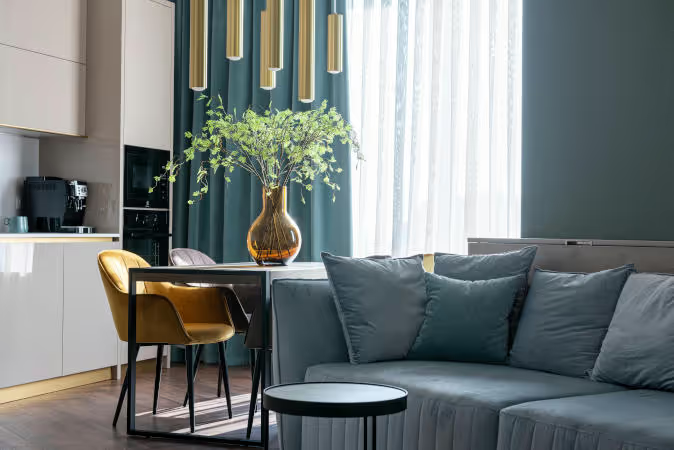Research into the value of the tax relief claimed using the Rent a Room scheme shows huge take-up.
Since 2009, the total value of relief declared as a result of the government's Rent-a-Room Scheme has increased by 187%, according to the latest available MHCLG data.
Launched by the Conservatives in 1992 the ''Rent a Room'' scheme was intended to encourage people to utilise their otherwise unused spare rooms and provide much needed accommodation for workers and students, encouraging mobility of employment and education.
The original tax-free earnings allowance for lodger-earnings was �4250, increased to �7,500 in the 2016/17 tax year, and this amount is still the current allowance. The earnings must be declared to HMRC but there is no tax payable for annual earnings below the allowance.
Analysis of the data by property management service provider, Houst, has revealed the record amount of �140,500,000 was declared over the 2018/19 period, up from �48,800,000 in 2008/09.
The data demonstrates a considerable rise in the number of homeowners taking in lodgers over the last ten years, and those figures do not take into account anyone taking in lodgers and not declaring this to HMRC.
The increasing number of Rent-a-Room declarations to HMRC indicates that more people are recognising the benefits of earning extra income from taking in a lodger - as a live-in landlord, you are allowed up to two 'non-family' lodgers before your property can be classed as a HMO, with all the additional regulations that implies.
Covid push
Houst speculates that this trend is likely to have intensified dramatically since the onset of the Coronavirus pandemic, the period of time for which MHCLG data is currently unavailable.
Taking in lodgers received a dramatic boost in numbers during the economic crash and great recession of 2008 and has since continued with the popularity of letting out spare rooms with the advent of Airbnb type renters. Utilising spare rooms as a simple means using new technology to provide an additional income stream has now become a major industry in itself.
Tom Jones, Co-Founder and Chief Commercial Officer of Houst, says: 'Thanks to the digital solutions of the last decade, homeowners are now able to fill their properties quickly and efficiently, whether that be a spare room or a second home, and generate a secure and regular source of income. Given the enormous economic uncertainty, people are increasingly viewing personal assets as a vehicle to drive up their incomes by turning their homes into money-making properties.
'The reality of the pandemic is that it has forced many to reconsider their living arrangements and look directly at how we occupy our homes and how exactly they could be used to stave off economic concerns. The pandemic has transformed how millions see and use their homes, leading many to reconsider its potential as a stable driver of income."
Warning
Anyone considering renting out a room in their home should be aware that permissions may be necessary: from their landlord if they are a leaseholder, from a mortgage provider and from their insurer.
There could also be considerations for the impact this may have on council tax liability, and any benefits the lodger landlord is claiming.
In addition, the property must be safe, free from and hazards that could cause injury. Also, the landlord must be letting out his or her own residence and share facilities such as bathroom and kitchen with the lodger. The property must meet certain general letting requirements including annual gas checks and five yearlyelectrical system checks, and all the furniture must meet the general letting safety standards.
Finally, lodgers come under the Right-to-Rent regulations, where the landlord must check the immigration status of their lodgers. It goes without saying that the income from the lodger arrangement must be declared on the next available tax return.















.avif)
.avif)


















Comments